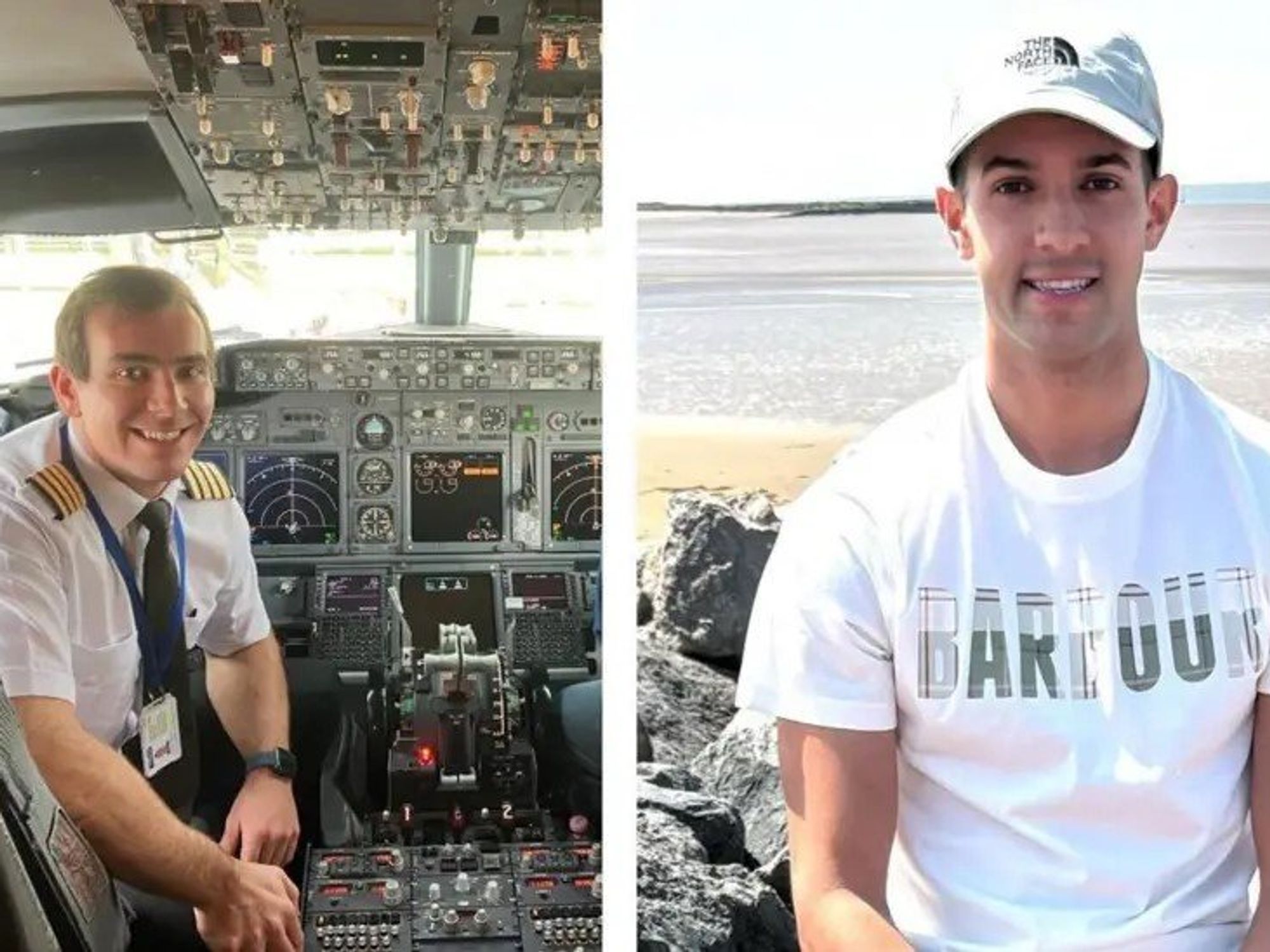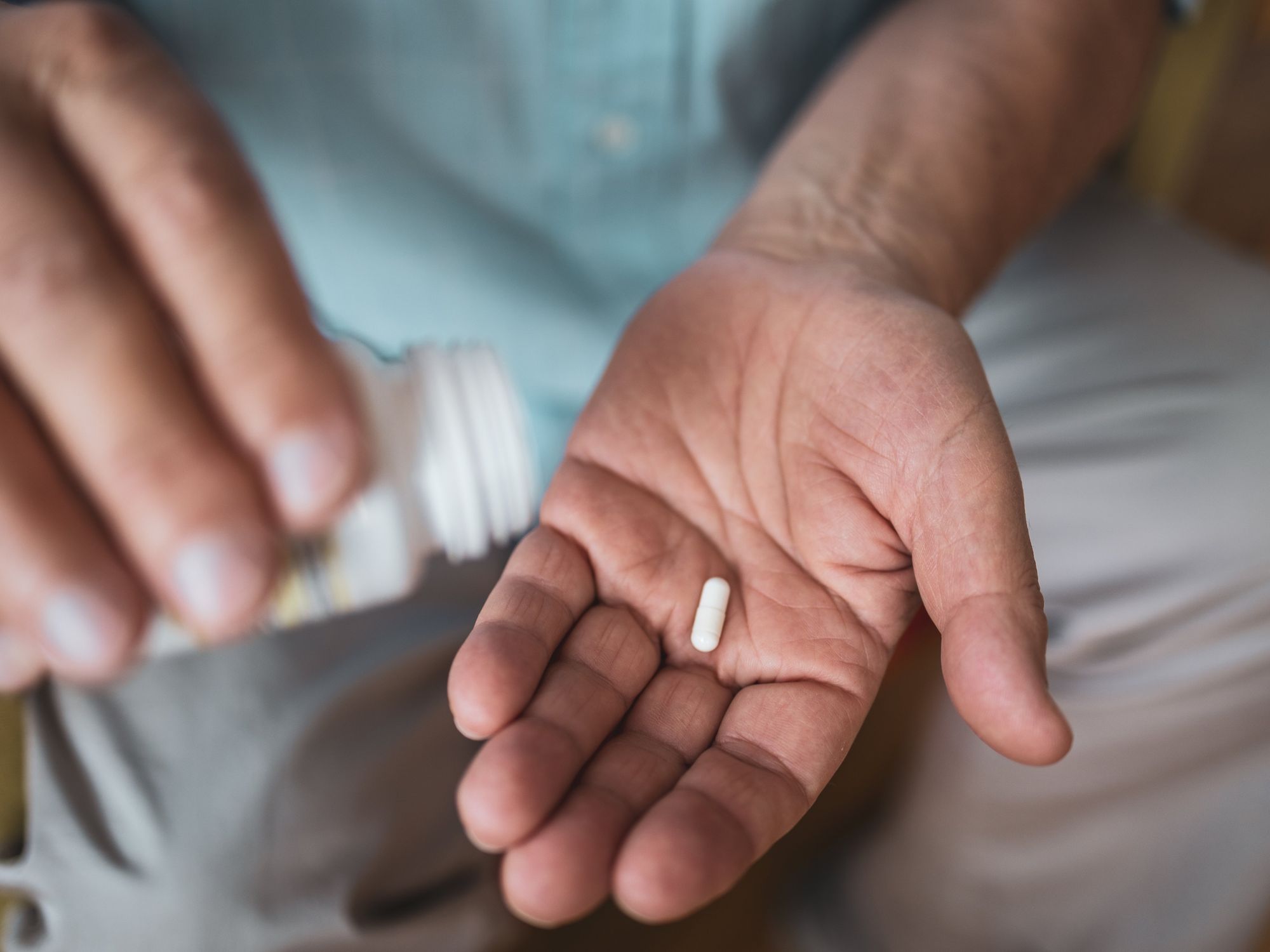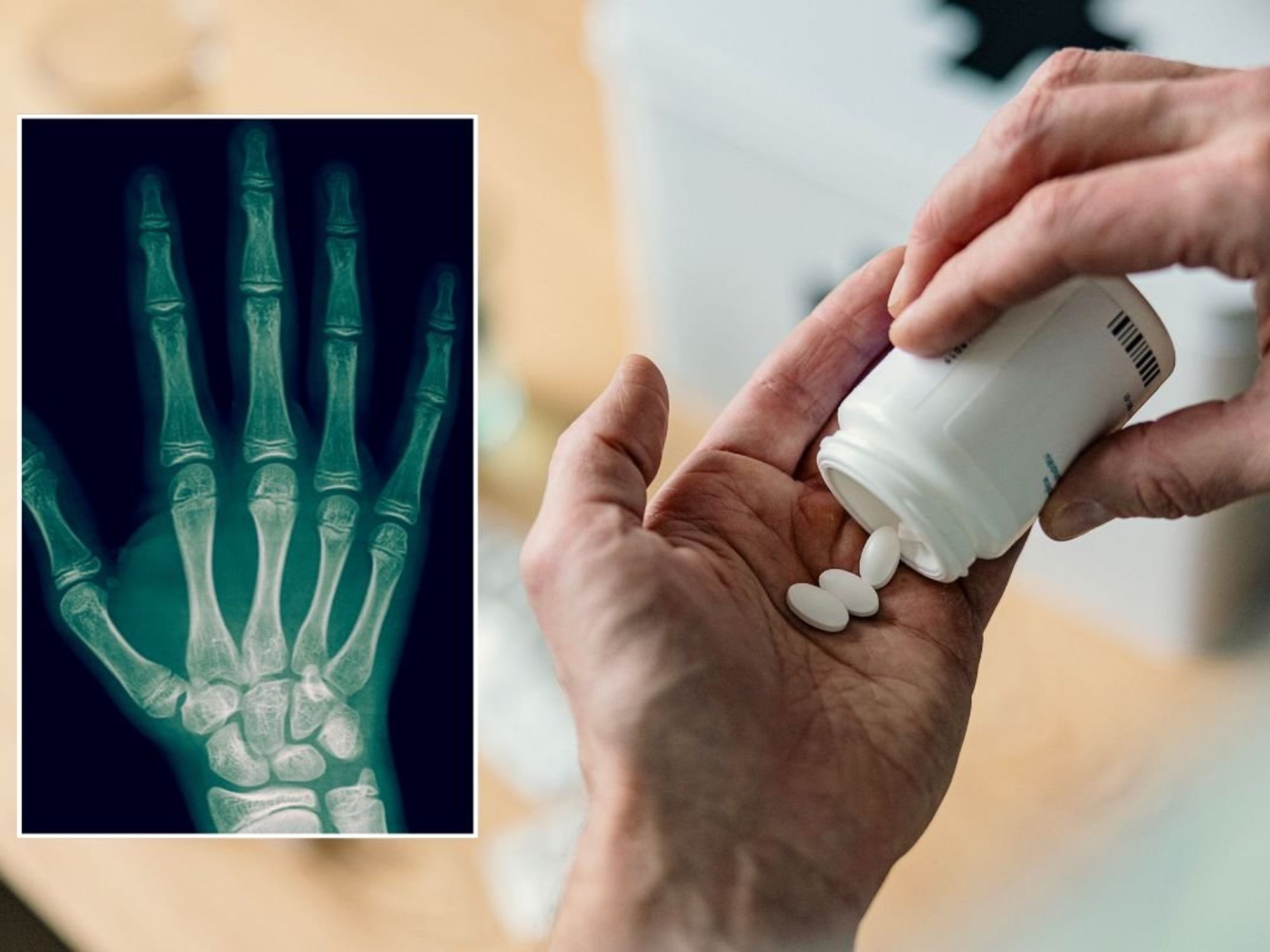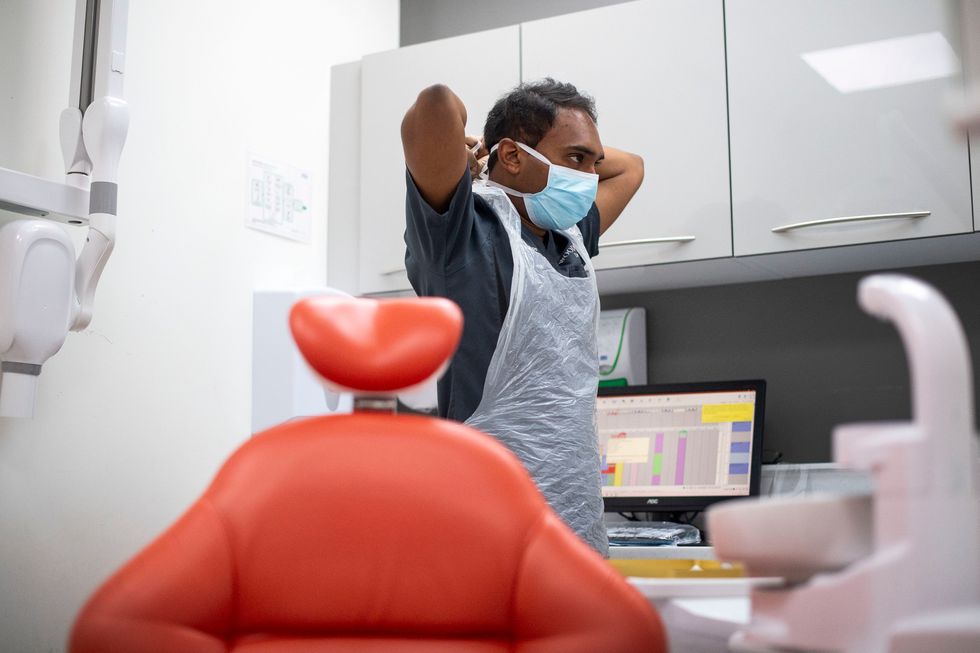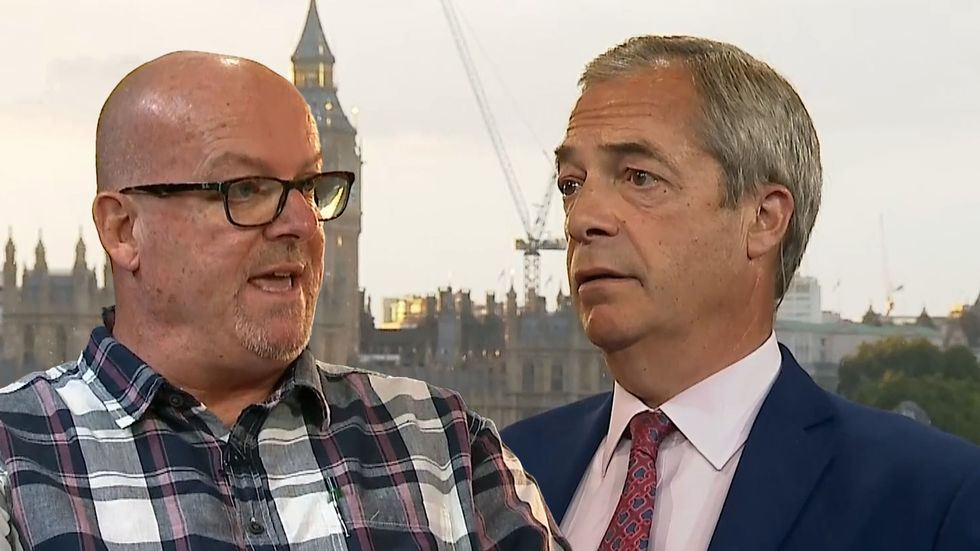Dentistry 'disaster' as GB News research shows 75% of hospitals seeing increase in mouth-related problems
Three quarters of hospitals have experienced an increase in patients visiting with mouth-related problems, laying bare the country’s dentist crisis
Don't Miss
Most Read
Research by GB News also shows oral-related deaths are at a five-year high as Brits struggle to find a surgery.
Campaigners say as a result of patients being unable to get appointments they are carrying out much-needed operations at home, including loose teeth being pulled out with pliers, in what is being described as ‘DIY dentistry’.
A Freedom of Information request was sent to every hospital trust in the UK asking how many people had been referred with teeth, gum and other mouth-related injuries.
Of the 88 that responded, 73 percent saw a rise in 2021 compared to the year before.
The South West appeared to be one of the worst affected, with eight of the nine health care institutions that responded to GB News’ request experiencing an increase in 2021 on 2020.
University Hospitals Dorset NHS Foundation Trust almost doubled in number of patients visiting it, with 4,231 attending wards last year compared to 2,431 in the 12 months before.
All five of the trusts that replied in the North East experienced rises in the same year.
Dentist Dr Roy Woodhoo puts on PPE before treating a patient at Woodford Dental Care
Victoria Jones
Eight of the ten in the Midlands, four of the six in the North and nine of 11 in London also saw a surge in mouth related visits.
Elsewhere, four of the 13 hospitals in the South East, seven of the 19 in the North West, two of the seven in the East, three of the five in the West and one of the three in the South saw decreases.
And data obtained by GB News from the Office for National Statistics revealed mouth related deaths are at their highest in five years.
In 2016, 2,582 people died due to an oral-related reason – that increased to 2,958 last year.
The British Dental Association says the figures reveal that there are now more oral-related deaths than from car accidents and slammed the Government over its lack of support for the industry.
Chair of the trade union Eddie Crouch said: “As this devastating research from GB News shows, treating dentistry as a Cinderella service impacts every corner of our NHS.
“It’s the overstretched GPs and A&E staff getting daily visits from patients unable to access dental care. It’s the scandal that tooth decay remains the number one reason for hospital admissions among young children.
“Now it’s the oral cancers missed. This condition claims more lives than car accidents, yet there seems no willingness to support the dentists on the frontline in this battle.”
Campaign group Toothless In England says health ministers should “hang their head in shame” over the looming "disaster".
Its co-founder Mark Jones said: "These latest figures from GB News follow a report published a few weeks ago which evidenced that 90 per cent of NHS practices are not accepting new patients.
“Here we are today with further evidence of the decline in NHS dentistry as a result of successive governments since 2006 turning their backs on the nation's oral health.
Campaign group Toothless co-founder Mark Jones
GB News
“Whichever way you slice up these figures, there’s no cause to be optimistic whatsoever.
“What we’re seeing is the final death throes of NHS dentistry with the ultimate price being paid for by agonising waits on an already overstretched and underfunded A&E.
“Government ministers and NHS commissioners must hang their heads in shame.
“They are offering zero help and zero hope.
“The cost of living crisis is putting oral health to the back of people’s minds as they struggle to put food on the table and the prospect of being unable to heat their homes this winter."
Responding to GB News, a Department of Health and Social Care spokesperson said:
“We are improving access to dental care for all NHS patients, backed by more than £3 billion in funding each year and an extra £50 million last year to help bust the Covid backlogs. Between April 2021 and March 2022, NHS dentists delivered 26.4 million courses of treatment, more than double the previous 12 months.
“Through the reforms we announced in July, the best performing practices will be able to see more patients, making better use of the range of professionals working in the sector such as dental therapists, hygienists and nurses, while also rewarding dentists more fairly for providing more complex care.”






